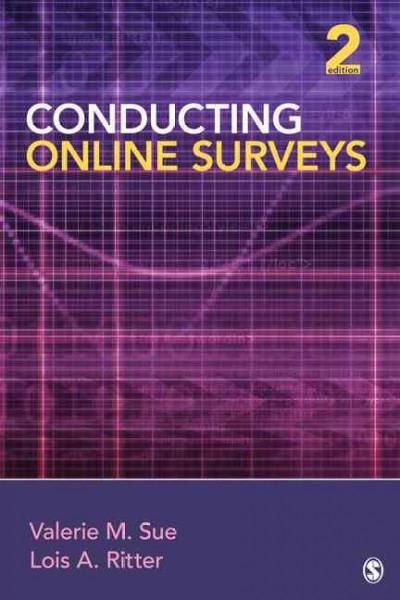Question
I will be using the 2nd ethical practice Pyschologists respect the dignity and worth of all people, and the rights of individuals to privacy, confidentiality,
I will be using the 2nd ethical practice "Pyschologists respect the dignity and worth of all people, and the rights of individuals to privacy, confidentiality, and self- determination" (Aronson, E. Et al, 2022) to evaluate the infamous "Stanford Prison experiment". This experiment was a unique study in which volunteers were closely monitored and analyzed to assess the social dynamics created when a power struggle is formed between two different groups. Thus being, prisoners and guards. I believe Dr. Zimbardo did a masterful job in creating a social environment which manifested into a reality in the minds of both groups (prisoners and guards). In order to do so, I believe Dr. Zimbardo violated the dignity, worth, rights to privacy and self-determination of participants involved in this experiment. Ultimately Dr. Zimbardo ended the planned 2-week study after only 6 days after his realization that the rights of participants were being violated amongst the "prisoners"; which created negative and detrimental effects on their psyches and overall well-being. For example, one of the participants was so distraught that he had to leave the experiment early and the experiment had such a significant impact that he later became a psychologist. Prisoners were limited to using the restroom, had limited access to showering, and did not have any control of what they wanted to eat. The basic needs of these prisoners were completely controlled by the guards; who were informed could use any tactics to manipulate the prisoners, with the exception of physical force.
In this experiment, deception was necessary to gathering data because without the deception involved; such as the guards deceiving the parents and family of the prisoners the study wouldn't have had the ample opportunity to collect accurate data and information. Also, the integrity of the experiment is still intact. The deception enforced in this experiment ultimately allowed for the illusion of a prison to be formed in the minds of not only the prisoners but for the guards and supporting staff.
Although the "Stanford prison experiment" led to creating prison reform and the study of shyness, as mentioned in the video "Quiet Rage", I do not think the benefits to science and humanity warrants the harm to participants. Useful information was gathered, however; even Dr. Zimbardo himself decided to end his experiment before the original deadline; as mentioned earlier. One can argue that if said experiment continued there would've been harsher and more negative effects on the participants involved. As stated in the video, when one of the guards was reflected on his role, the limits of abuse continued to be pushed due to the curiosity that formed within his own mind. Such as, how much abuse a prisoner would take before they rebelled. In conclusion, although useful information may be found through these types of experiments, I believe that the harms to participants are not validated for the benefits of science and humanity unless all ethical principles are enforced and implemented.
Use sources to support a response
Step by Step Solution
There are 3 Steps involved in it
Step: 1

Get Instant Access to Expert-Tailored Solutions
See step-by-step solutions with expert insights and AI powered tools for academic success
Step: 2

Step: 3

Ace Your Homework with AI
Get the answers you need in no time with our AI-driven, step-by-step assistance
Get Started


